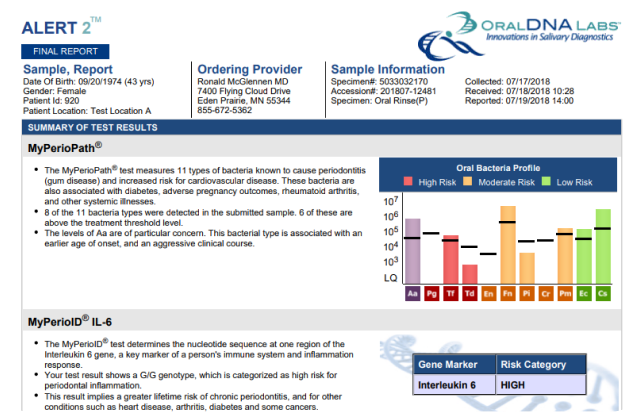What is an oral cancer screening?
An oral cancer screening, also known as a head and neck examination, is a simple and painless procedure that is used to detect any signs of oral cancer or precancerous conditions in the mouth and throat. During an oral cancer screening, your dentist or healthcare provider will examine your mouth and throat for any abnormal lumps, bumps, or discolorations. They will also check the soft tissues in your mouth, such as the tongue, gums, cheeks, and lips, as well as the lymph nodes in your neck.
The screening may also involve a visual examination of your oral cavity using specialized equipment, such as a handheld light or mirror, to help your dentist or healthcare provider get a better view of any areas of concern.
If any abnormalities are detected during the screening, your dentist or healthcare provider may recommend further testing, such as a biopsy or imaging tests, to determine the cause of the abnormality and whether or not it is cancerous.









